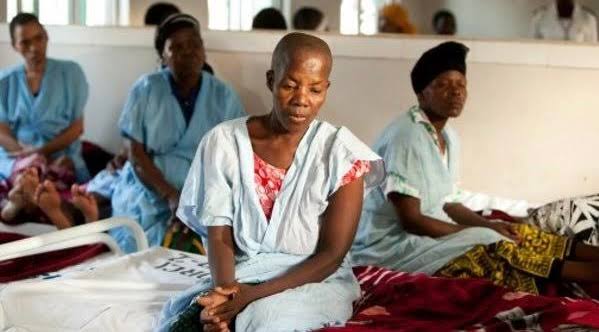Health
Cancer rates projected to rise to 77% by 2050 — UN

The UN health authorities announced on Thursday that global cancer cases are projected to increase by approximately 77 percent by the middle of the century. The International Agency for Research on Cancer (IARC), a specialized branch of the UN World Health Organization (WHO), has released the latest figures, indicating that there will be over 35 million cancer cases in 2050, compared to the estimated 20 million cases in 2022.
This rise in cancer cases can be attributed to factors such as population aging, population growth, and changes in people’s exposure to risk factors like tobacco, alcohol, obesity, and air pollution.
While wealthier nations are expected to experience the greatest absolute increase in cancer cases, low and middle-income countries are likely to see a higher proportional increase. Additionally, mortality rates are projected to nearly double. These estimates are based on comprehensive data from 185 countries, covering 36 different types of cancer, as provided by the IARC’s Global Cancer Observatory.
A survey conducted by the World Health Organization (WHO) in 115 countries revealed that the majority of countries do not adequately finance priority cancer and palliative care services as part of universal health coverage. In 2022, ten types of cancer accounted for around two-thirds of new cases and deaths worldwide, according to the International Agency for Research on Cancer (IARC).
Lung cancer was the most commonly occurring form, with 2.5 million new cases, making it the leading cause of cancer death. Female breast cancer ranked second in terms of occurrence, followed by colorectal, prostate, and stomach cancer.
The IARC also highlighted striking inequalities, particularly in breast cancer, with higher-income countries having higher rates of diagnosis and death compared to poorer countries. The survey also revealed significant global inequities in cancer services, with higher-income countries more likely to include lung cancer-related services in their health benefits packages. The WHO is actively working on cancer initiatives to address these disparities.
